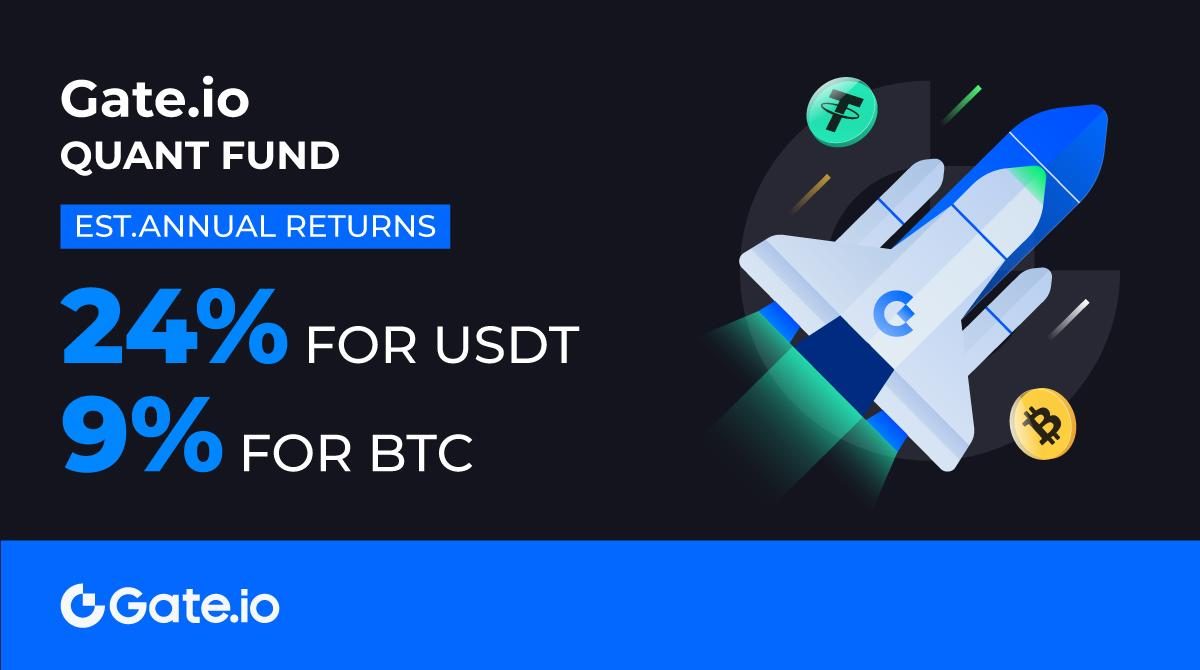ECB May Consider Adopting Digital Currency For Interbank Settlements
The European Central Bank (ECB) is considering alternatives for incorporating decentralized ledger technology (DLT) into existing payment settlement systems, according to Fabio Panetta, an executive ECB board member, in a speech on Monday at a settlements symposium in Frankfurt.
Following a discussion of the numerous advantages of DLT, Panetta outlined some disadvantages and argued for a solution that draws on the ECB’s current infrastructure for wholesale settlements rather than constructing a new one entirely on DLT.
A distributed ledger is a decentralized database that is independently maintained and updated by individual network users. According to Panetta, wholesale central bank digital currencies (CBDC) have existed for decades. They are often portrayed as a new sort of DLT-based central bank digital currency that may be used only for settling interbank payments.
If stablecoins and central bank digital currencies gain traction, the ECB would consider building bridges between existing European real-time payment systems or its own digital euro, according to Panetta.
Due to the present complexities of cross-border and cross-currency transfers, bankers see the biggest potential for stablecoins in huge daily wholesale transactions that take place between banks globally, according to Panetta. However, he emphasized that the ECB, which functions in part to protect the stability of the euro, is concerned about the fact that big blockchain networks reside mostly outside of Europe.
“Importantly, the governance of major DLT technologies and networks is dominated by actors who are either unknown or based outside Europe, which raises concerns about strategic autonomy,” Panetta added.
Panetta hinted that the ECB’s future route will be heavily influenced by how prominently stablecoins or central bank digital currencies play in payments. The central bank’s present research efforts are primarily focused on maintaining the euro as a stable currency by being ready to construct infrastructure that better connects existing payment rails to stablecoins, CBDCs, or more decentralized networks if necessary.
He stated that the European banking system already provides real-time payments, which is a big selling point for stablecoins, and that blockchain-based payments will need to demonstrate superiority over other current technologies. In addition, the consequences for governance, settlement efficiency, and liquidity management must be carefully considered.
The ECB is directing more resources into digital currencies and their applications. It launched a two-year inquiry on the digital euro in July 2021 and revealed the prototype development partners earlier in September. The project’s review and findings are expected in March 2023.
DISCLAIMER: The Information on this website is provided as general market commentary and does not constitute investment advice. We encourage you to do your own research before investing.
Join us to keep track of news: https://linktr.ee/coincu
Website: coincu.com
Harold
CoinCu News























